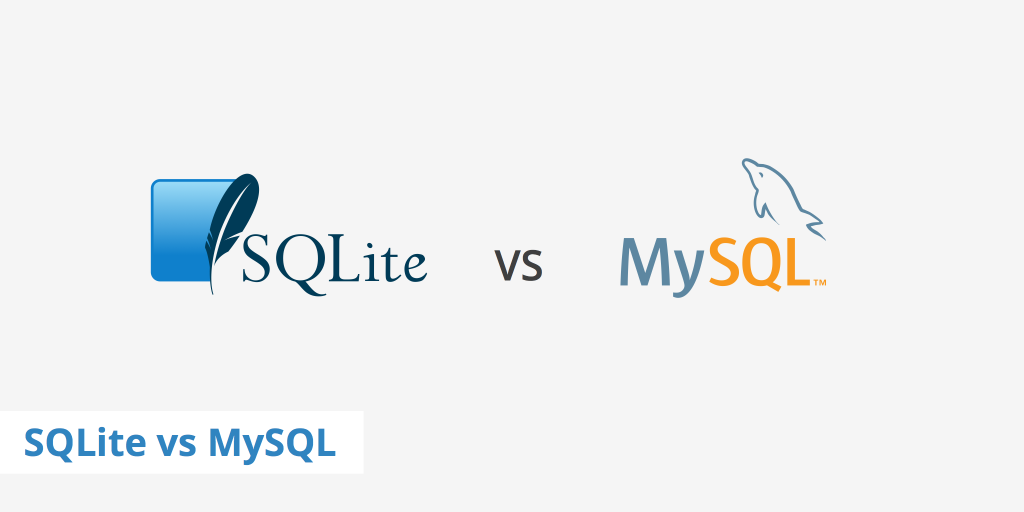Choosing the appropriate database management system (DBMS) is essential for handling data in applications. Two well-liked choices in this field are SQLite and MySQL. They meet various demands and contexts, but both are dependable choices for data storing and querying. Choosing the right database for a project can be made easier for developers if they are aware of the distinctions between MySQL and SQLite.
MySQL
A reliable relational database management system, MySQL is renowned for its speed and scalability. Applications that handle big data volumes or call for simultaneous access from several users are best suited for it. The following are some of MySQL’s salient attributes and features:
- Client-Server Architecture: MySQL follows a traditional client-server architecture, where the database server handles data storage and retrieval, while clients interact with the server through queries.
- Concurrency and Transactions: MySQL supports concurrent connections and transactions, making it suitable for high-traffic websites and applications where data integrity and consistency are paramount.
- Advanced Features: It offers advanced features such as stored procedures, triggers, and views, allowing for complex data manipulation and processing within the database itself.
- Scalability: MySQL is highly scalable, supporting replication, clustering, and sharding to distribute data across multiple servers and handle increased loads efficiently.
When to use MySQL
- Large-scale web applications with high traffic and concurrent user access.
- Data-intensive applications requiring complex queries and transactions.
- Projects where scalability and performance are critical factors.
SQLite
SQLite, on the other hand, is a lightweight embedded database engine that prioritizes effectiveness and simplicity. It is simple to set up and use because it functions as a serverless, zero-configuration, self-contained database. Here are some important SQLite features:
- Embedded Architecture: SQLite is designed to be embedded directly into applications, eliminating the need for a separate database server. This makes it perfect for mobile apps, desktop software, and small-scale web applications.
- Minimal Administration: Since SQLite is file-based and does not require a separate server process, it requires minimal administration and setup. Developers can simply include the SQLite library in their applications and start using it immediately.
- Single User Access: Unlike MySQL, SQLite does not support concurrent connections or multi-user access. It operates in a single-user mode, where only one process can write to the database at a time.
- Portability: SQLite databases are stored as a single file, making them highly portable and easy to distribute along with applications. This makes it an excellent choice for cross-platform development.
When to use sQLite
- Mobile applications, especially those with offline capabilities.
- Desktop software requiring local data storage and retrieval.
- Prototyping and small-scale projects where simplicity and ease of use are priorities.
Choosing the right database for your project
The decision between MySQL and SQLite ultimately comes down to the particular needs of your project. MySQL would be the better choice if you’re developing a large-scale web application with high requirements for concurrency and scalability. On the other hand, SQLite is a great option for smaller projects or applications where portability and simplicity are essential.

